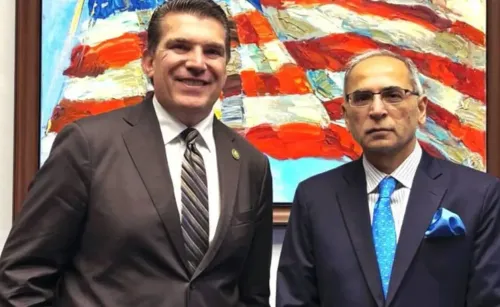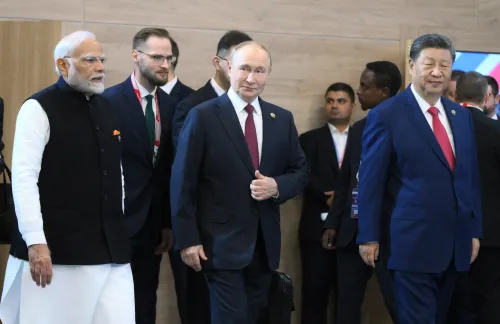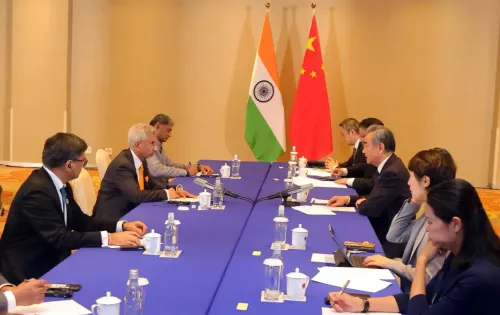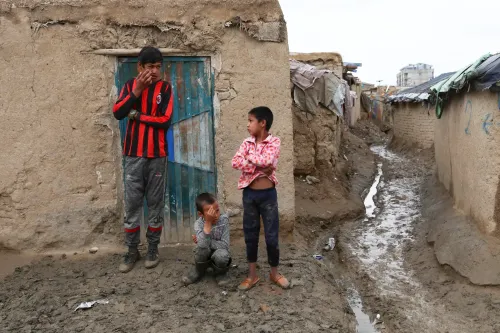Russia Reinstates Limited Engagement in Arctic Council
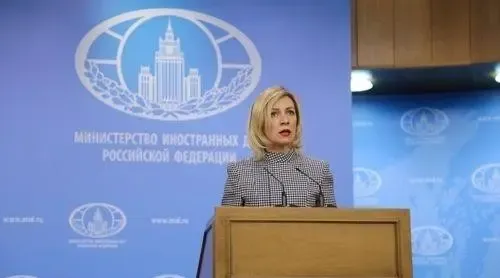
Synopsis
Key Takeaways
- Russia has resumed limited participation in the Arctic Council.
- Virtual meetings were conducted under Norway's chairmanship.
- The council focuses on crucial areas like climate and environmental protection.
- Activities were frozen due to the Russia-Ukraine conflict.
- Joint projects aim to preserve the Arctic ecosystem.
Moscow, Jan 24 (NationPress) Russia has partially resumed its involvement in the Arctic Council, as reported by RIA Novosti, citing the spokesperson for the Russian Foreign Ministry, Maria Zakharova.
She highlighted that under Norway's leadership, virtual sessions for all six working groups of the council were conducted in the latter half of 2024. These groups concentrate on sustainable development, climate change, environmental protection, and emergency prevention and response.
Zakharova stated that the resumption of the Arctic Council's activities will progress while considering the interests of all Arctic nations, aligning with the current realities of the format and the objectives facing Russia in this domain, as reported by Xinhua news agency.
Activities within the Arctic Council have been mostly stalled over the past two years, following the withdrawal of Western nations in March 2022 due to the Russia-Ukraine conflict.
Previously, Russia had halted its annual contributions to the Arctic Council until practical operations resumed with the involvement of all member nations.
The council's mission entails executing joint initiatives that impact critical matters for all Arctic nations, such as preserving the fragile Arctic ecosystem, conducting polar research, including marine scientific expeditions, fostering humanitarian connections, and enhancing the living standards and welfare of northern populations, including indigenous communities.
Established in 1996, the Arctic Council serves as a high-level intergovernmental forum that promotes collaboration in the region, particularly regarding environmental conservation. Member states include Denmark (incorporating Greenland and the Faroe Islands), Iceland, Canada, Norway, Russia, the United States, Finland, and Sweden, with the chair rotating every two years.
Russia held the chair in 2021, and the chairmanship transitioned to Norway in May 2023.

